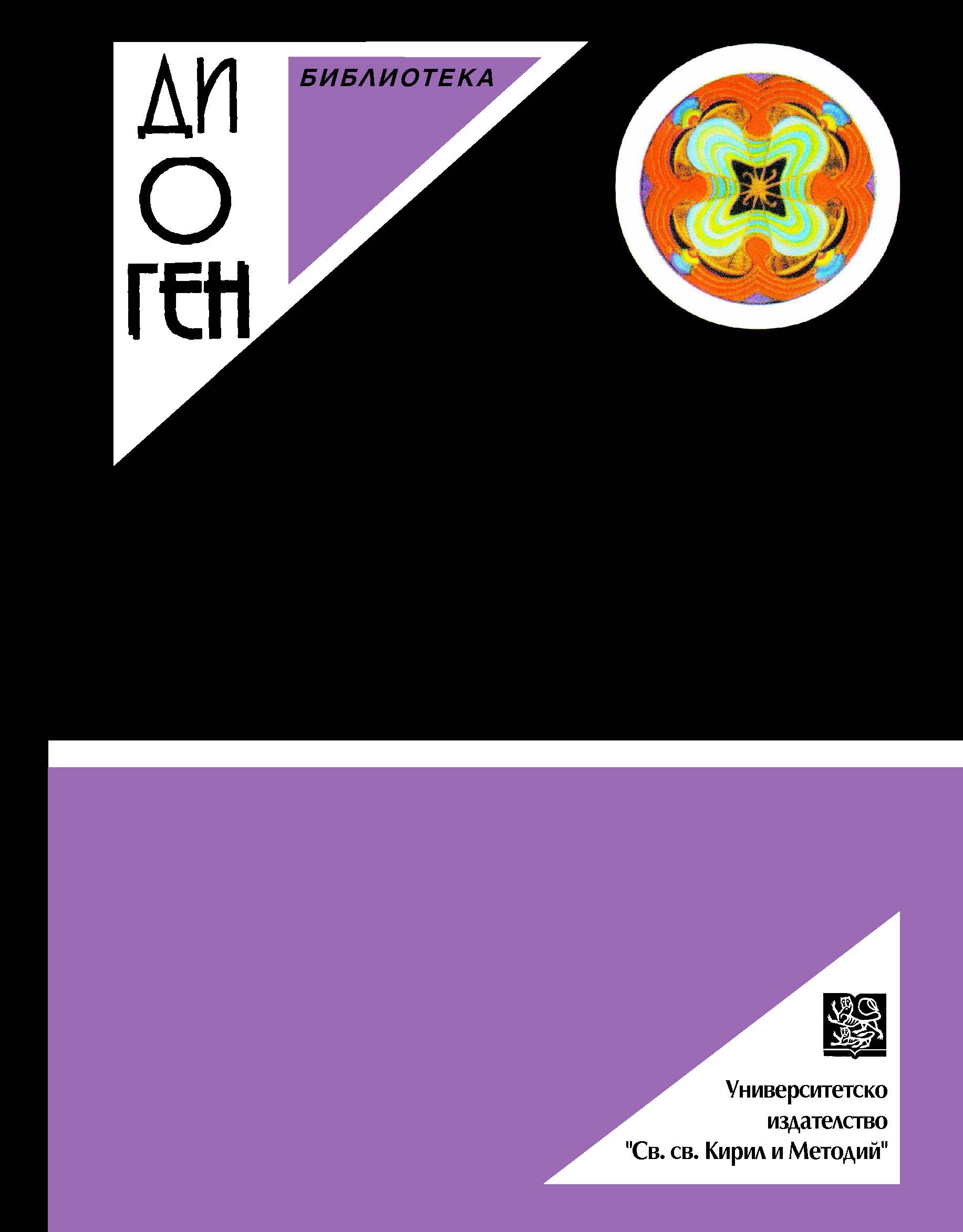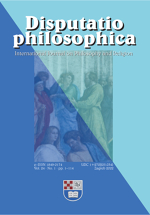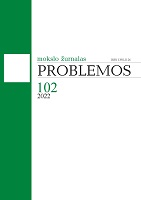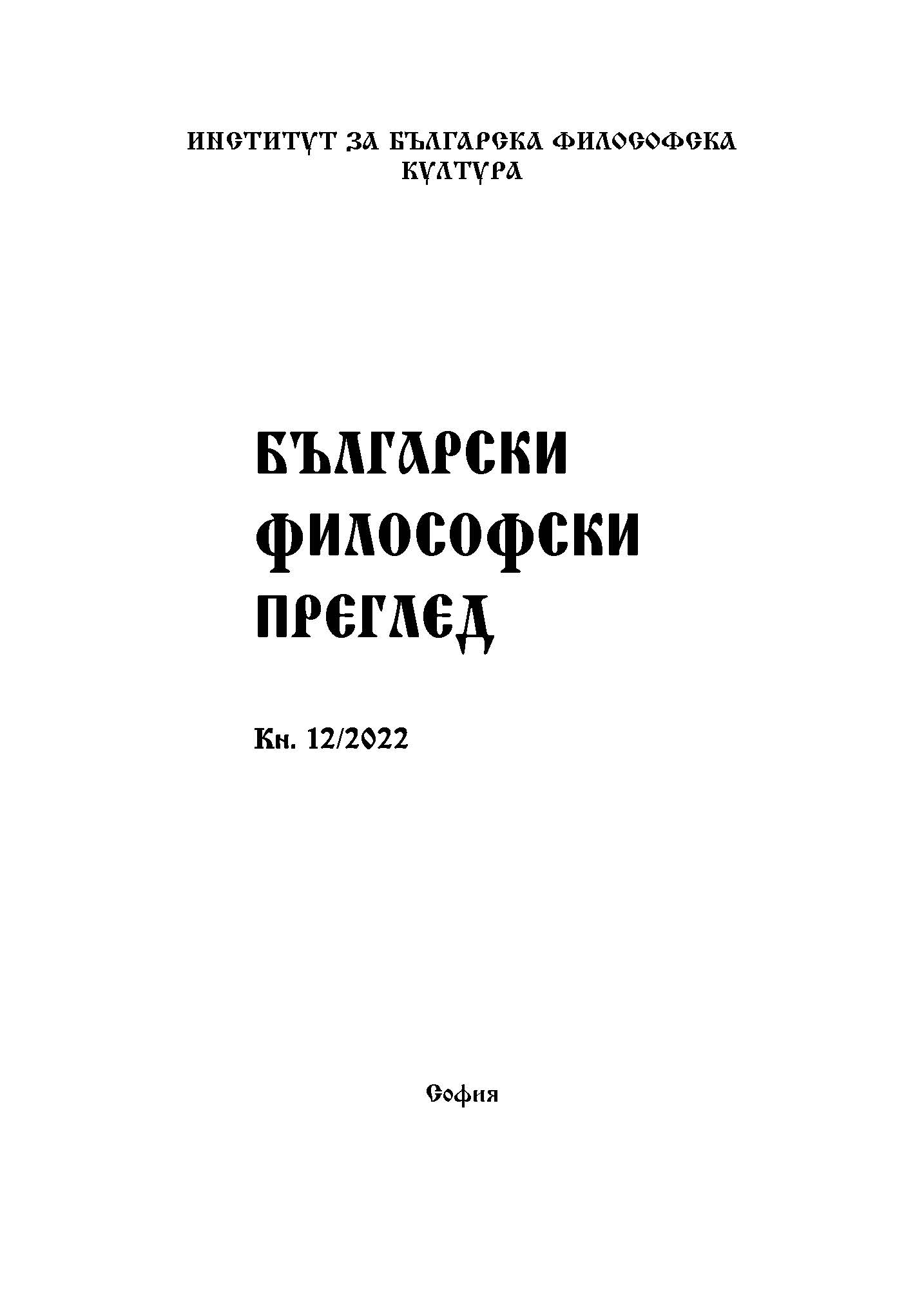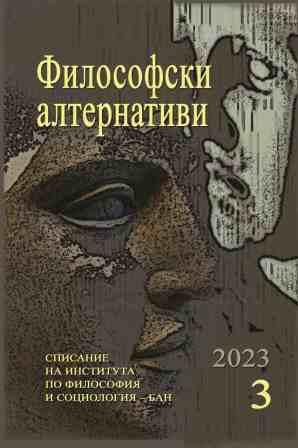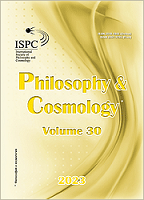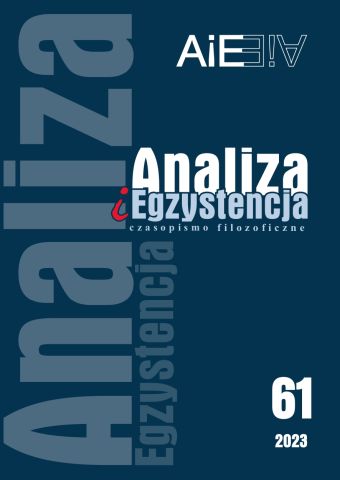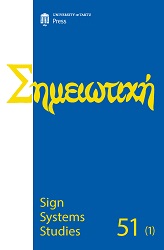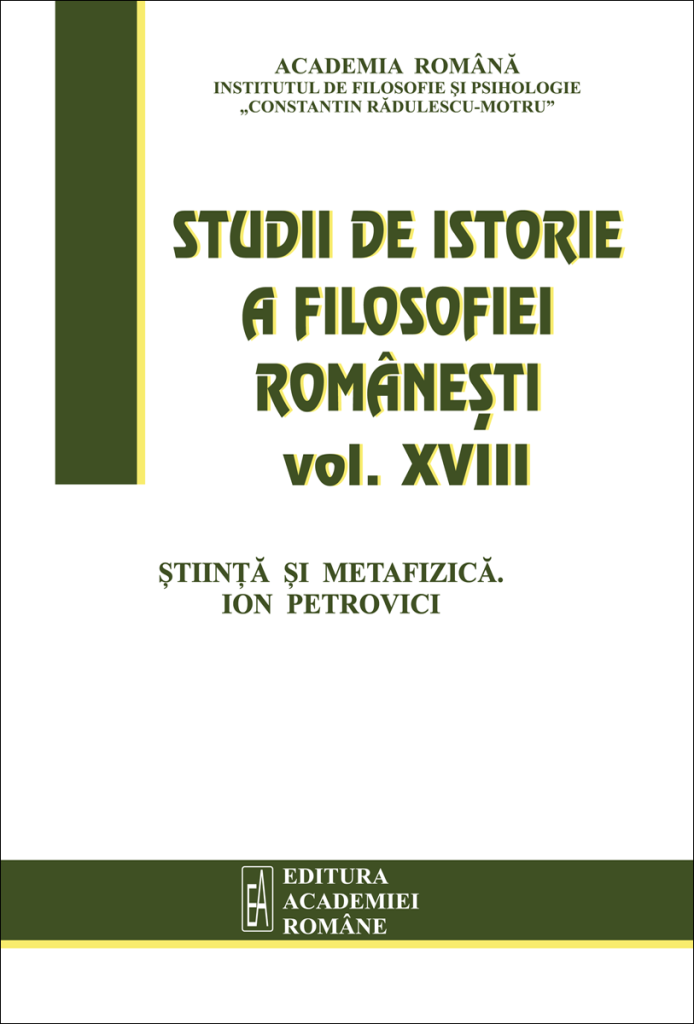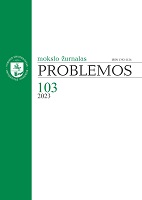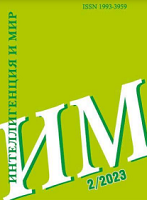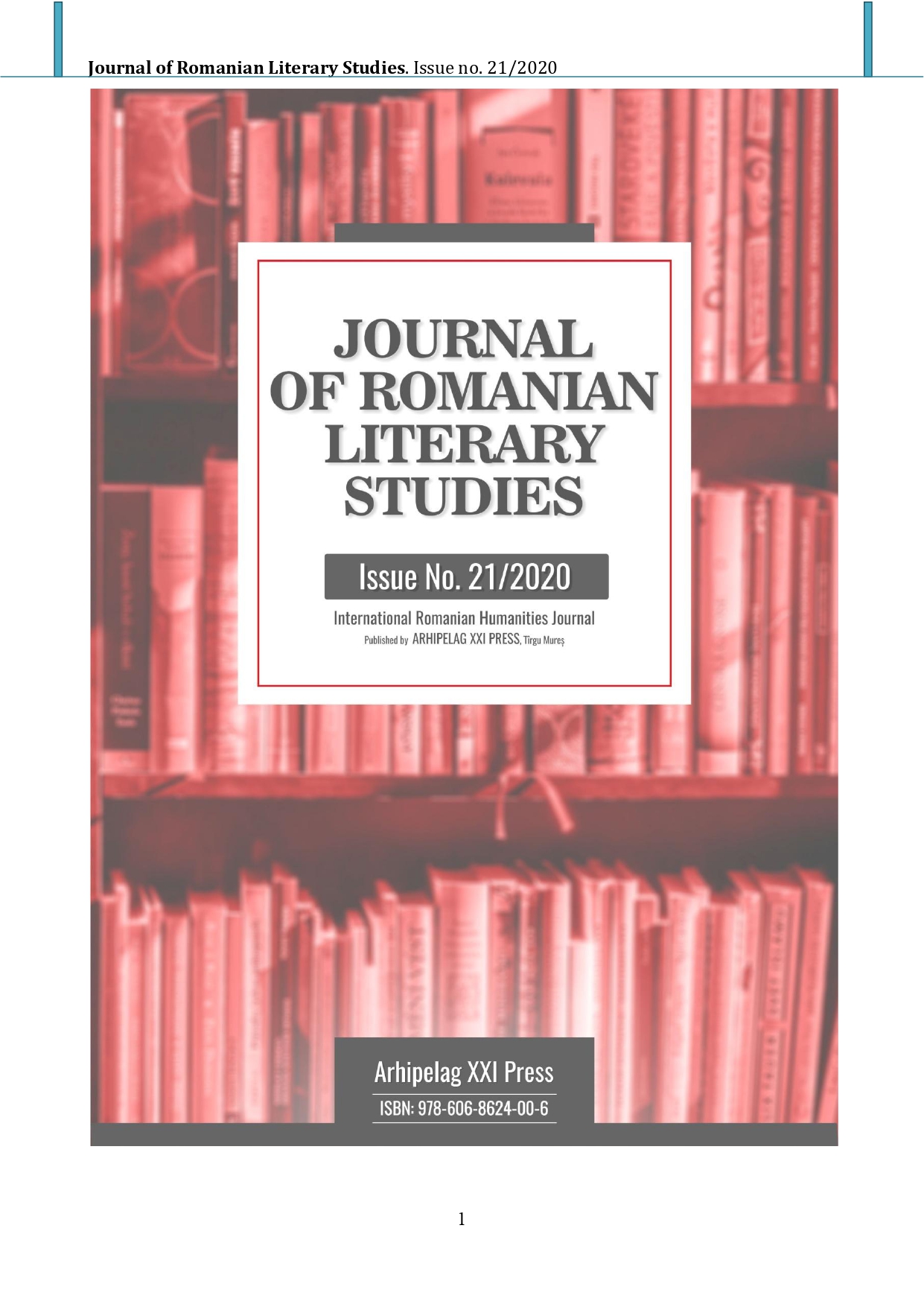Author(s): Igor Gudyma / Language(s): English
Issue: 30/2023
This brief article examines the features of the panentheistic cosmology of the Protestant theologian Arthur Peacock, with particular attention to the conceptualization of divine immanence in his theological system. In addition, it reveals the organic connection between the categories of “faith” and “miracle” in Protestant theology, and shows the place and role of a miracle in the theological constructions of panentheism. All main conceptualizations of the philosopher and theologian Arthur Peacock are reduced to the so-called “panentheism formula”, according to which God is immanent in the universe, truly omnipresent, but his Being is not entirely reduced to natural, God is greater than nature and his Being surpasses nature. Having laid down the initial principles of his panentheistic cosmology, Peacock deductively deduces all the further key provisions of his concept, namely: the doctrine of the nature of the relationship between God and the world, the question of a miracle as a personal manifestation of the divine, etc. In the author’s worldview, the world acts as an arena and an instrument for achieving God of large-scale cosmic goals. However, in the ideas about the interaction of God with the world, the theologian also singles out the symbolic aspect, the main content of which is the initiative of God to reveal his Personality and demonstrate to man his divine nature. In other words, we are talking about the relationship of God with the individual and the human community, which reflects the creative essence of God and presupposes the existence of events that reveal important religious truths. In general, it should be recognized that the theorists of panentheism, including Arthur Peacock himself, made a significant contribution to the dialogue between religion and science, which was noted by researchers. However, wishing to preserve the intellectual respectability of their conceptualizations, the ideologists of panentheism bypass or extremely carefully and extremely correctly touch on individual complex problems of theology, the features of divine immanence, incl. and the question of miracle. All cases of the relationship between God and man, including the most extraordinary and super-intense experience of interpersonal communication, can, in their opinion, be more convincingly described in ordinary terms within the framework of their model of “downward influence” on the world, mediated by the components of this world.
More...
